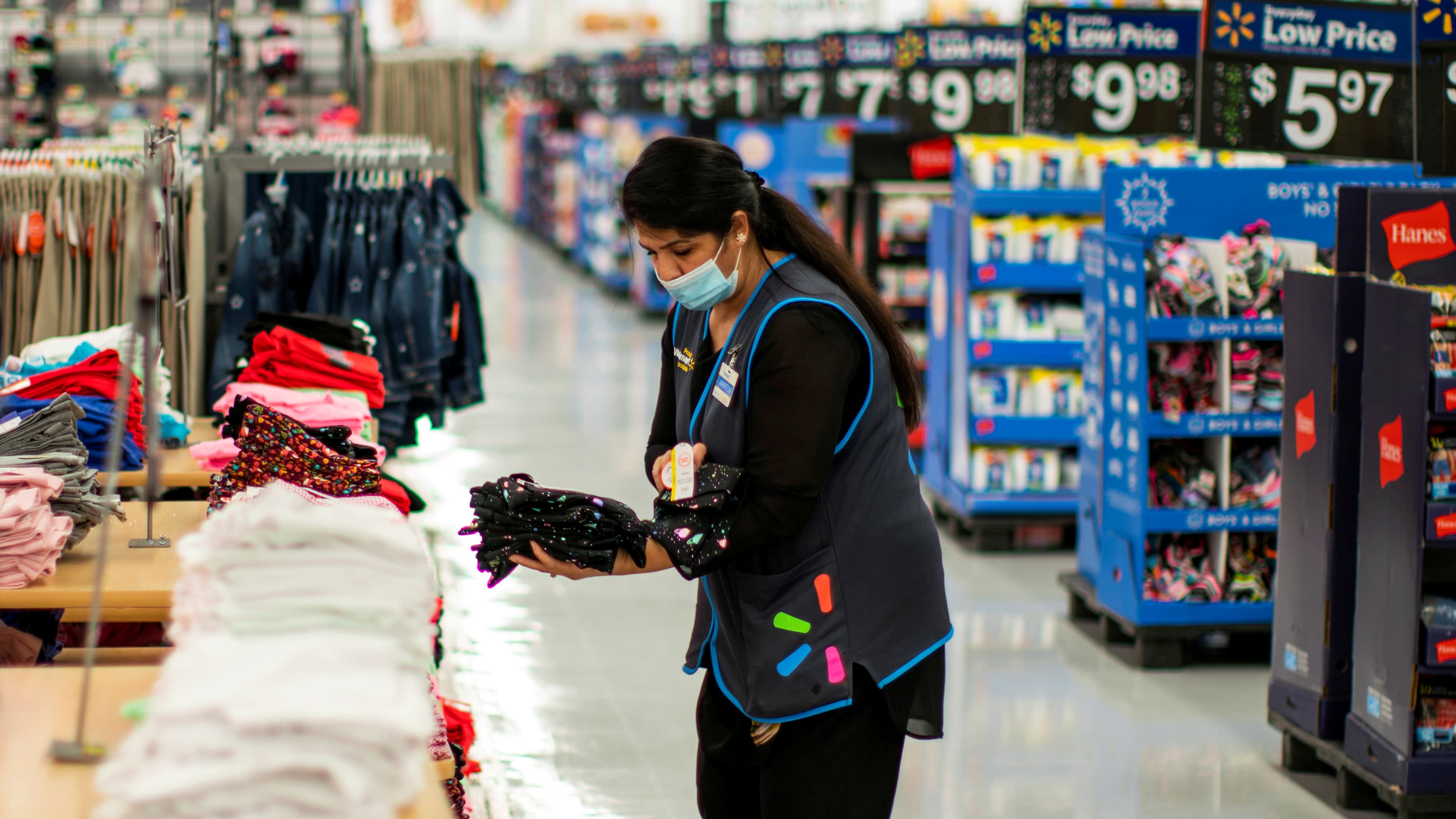This post was originally published on this site

CNBC’s Jim Cramer said Tuesday that Walmart is a “remarkable juggernaut” but it won’t be able to keep up the blistering growth that it saw in the second quarter without more help from D.C. lawmakers.
“I think the company needs to be a little cautious because unless there’s another deal from Washington they won’t be able to maintain that pace,” Cramer said on “Squawk Box.”
Addressing the reversal of Walmart’s initial 6% pop in the premarket following its blockbuster earnings report, Cramer said investors should not be discouraged. “That doesn’t mean that it’s not a buy. But it does mean that they are staying, ‘Whoa, this isn’t going to keep happening,”
“We’ve seen this many times,” the “Mad Money” host added. “These companies come in too hot. They say good things but they also say, ‘Listen, we don’t know if we can possibly continue it.’ People take the latter. And then, two days later they forget the negative and they start buying it again.”
Shares of Walmart, which hit all-time highs Monday, were slightly higher shortly after the open.
Earlier Tuesday, Walmart blew away expectations with adjusted per-share earnings of $1.56 on total revenue of $137.74 billion as shoppers rushed in to spend their government pandemic stimulus checks. Online sales during the pandemic nearly doubled as customers got packages shipped their homes and used curbside pickup at physical stores.
Walmart Chief Financial Officer Brett Biggs told CNBC the retailer could get another bounce if Capitol Hill and the White House can agree on further coronavirus aid. “Stimulus was definitely impactful to the consumer in the second quarter, and we’re watching what’s going on in Washington.”
Capitol Hill and the White House are trying to break their logjam on a new stimulus package.
Cramer, who is also a small business restaurant co-owner, said later on “Squawk on the Street” that Walmart is a “great American company,” but the government can’t ignore the struggle of smaller firms in the U.S., which can’t afford to compete the big companies and can’t afford to implement the coronavirus mitigation measures that make people feel safe.



